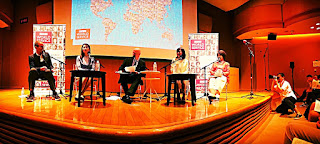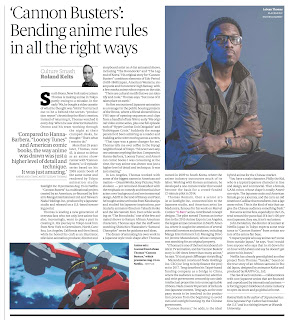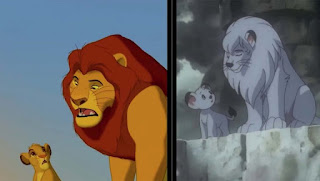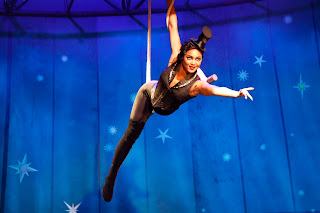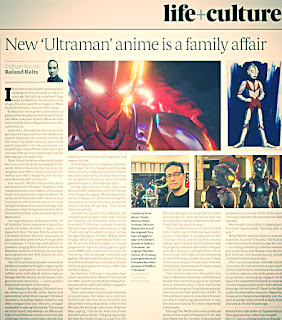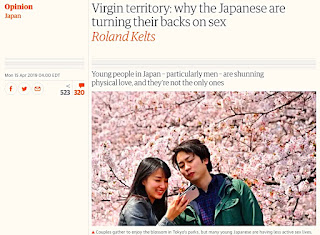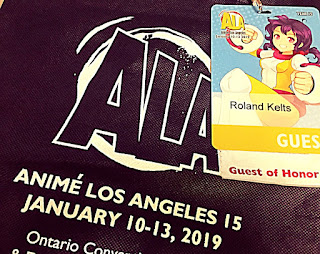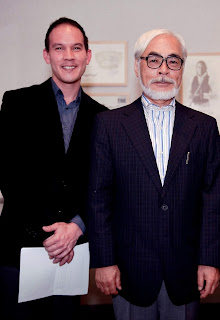Bringing anime's best to Americans

Gkids brings anime's best to big screens in the U.S. The Japan Times At the start of a new decade, anime’s two top directors are being delivered to Americans by one company. And, no, it’s neither Disney nor Netflix. The relatively unheralded Gkids, which was spun off 11 years ago from the New York International Children’s Film Festival by founder and CEO Eric Beckman, has now become the chief North American distributor of films by Hayao Miyazaki and Makoto Shinkai. On Dec. 16 and 18, as part of its ongoing Studio Ghibli Fest, an annual April-December screening series, Gkids will present Miyazaki’s late artistic partner Isao Takahata’s final film, “The Tale of the Princess Kaguya,” in theaters across North America. On Jan. 15, the company will release Shinkai’s “Weathering With You,” Japan’s highest grossing film of 2019, on 900 screens nationwide. Gkids also has a stake in anime’s less family-friendly material, like the edgier Studio Trigger’s first feature, “Promare,

